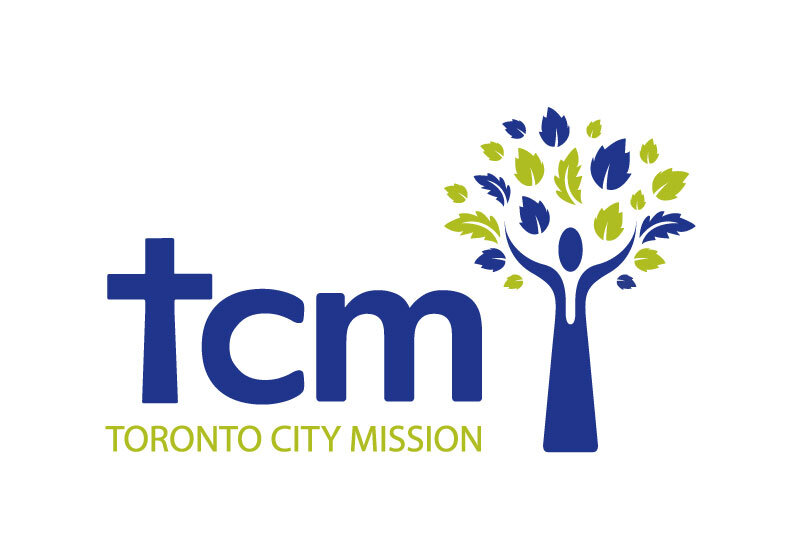By Grace Boneschansker, guest writer
Gospel Carriage Wagon, early 1900s
“Rescue the perishing, care for the dying,
Snatch them in pity from sin and the grave;
Weep o’er the erring one lift to the fallen,
Tell them of Jesus, the mighty to save.
Rescue the perishing, duty demands it,
Strength for thy labor the Lord will provide;
Back to the narrow way patiently with them,
Tell the poor wanderer the Saviour has died.”
- 19th Annual Report, Toronto City Mission, 1898
This poem is taken from Toronto City Mission’s nineteenth annual report in 1898, and reflected their mandate to minister to the poor and needy, both physically and spiritually. Although much has improved over the years, the basic goal of reaching the marginalized of this great city hasn’t.
The Bible verse that encapsulates the reason for Toronto City Mission’s existence is found in Matthew 25:37-40: “Then the righteous will answer him, ‘Lord, when did we see you hungry and feed you, or thirsty and give you something to drink? When did we see you a stranger and invite you in, or needing clothes and clothe you? When did we see you sick or in prison and go to visit you? “The King will reply, ‘I tell you the truth, whatever you did for one of the least of these, you did for me.’”
Established in 1879, Toronto City Mission was created by a group of ministers and lay people from various evangelical churches in order to reach needy people who would not normally attend church. TCM served as an auxiliary arm of the church in order to share the transforming power of the gospel to those in need. The early missionaries would employ various methods such as: personally visiting families, holding indoor and outdoor meetings, and distributing biblical literature.
Toronto in the late 1800’s reflected the values of the latter part of the Victorian era with its emphasis on high morals, good behaviour and proper language. It was a time of peace and prosperity for the most part, at the tail end of the industrial revolution. However, as time progressed, there still lingered the effects of an undeveloped society; where the poor, sick and marginalized reside with no welfare, unemployment insurance or universal health care. Therefore, it became apparent that there was a very real need for TCM to fill in the gaps and meet those needs.

